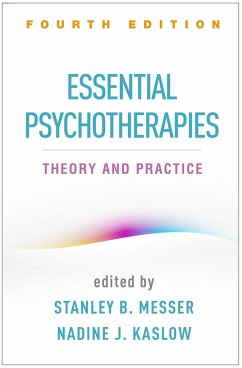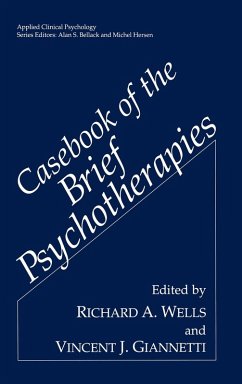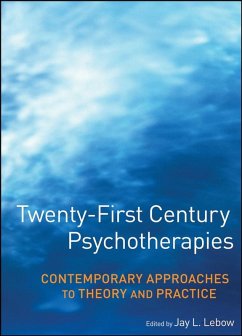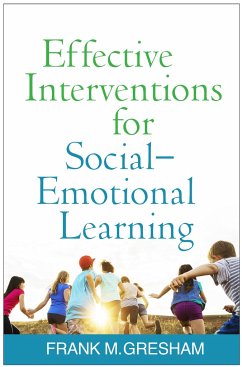Nicht lieferbar
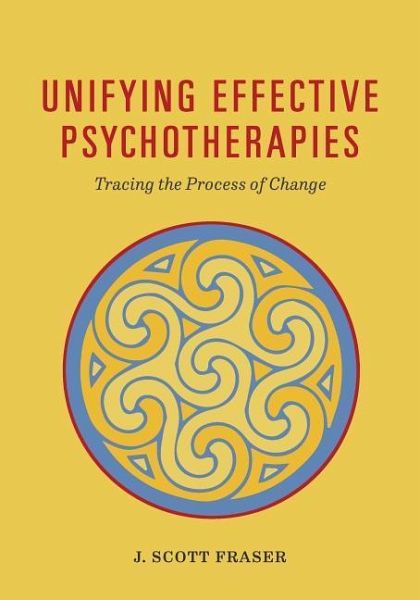
Versandkostenfrei!
Nicht lieferbar




Philosophically rich and highly practical, this book offers therapists a transtheoretical, transdiagnostic perspective that identifies the process of change that underlies all effective psychotherapy models.
J. Scott Fraser, PhD, is a clinical psychologist with nearly 4 years of clinical practice, supervision, training, and academic teaching. He has served as director of internship training, associate dean, and director of clinical training and as professor of clinical psychology in the nationally ranked and pioneering doctoral program at the School of Professional Psychology at the Wright State University in Dayton, Ohio. Before that, he was director of a crisis/brief therapy center in a large general hospital setting for 4 years. He is a Diplomate in Family Therapy through the American Board of Professional Psychology and an approved supervisor in the founders amp rsquo track of the American Association for Marital and Family Therapy. Dr. Fraser has presented and trained therapists in the United States, Europe, and Asia, and his recent writing focuses on integrating evidence-based approaches to psychotherapy. A compantion DVD titled The Process of Change in Integrative Psychotherapy, which uses the process model described in this book, is also available from APA in the Systems of Psychotherapy Video Series. Dr. Fraser coauthored Integrative Families and Systems Treatment (I-FAST): A Strengths-Based Common Factors Approach (2 4), which represents the first research-based manual for teaching and practicing a moderated common factors approach to at-risk youth and families in community settings. His related book, coauthored with Andrew D. Solovey, Second-Order Change in Psychotherapy: The Golden Thread That Unifies Effective Treatments (2 7), applies this integrative model across all evidence-supported approaches to psychotherapy. Now serving as emeritus professor, Dr. Fraser continues to write, train, and supervise through these models.
Produktdetails
- Verlag: American Psychological Association (APA)
- Seitenzahl: 309
- Erscheinungstermin: 1. April 2018
- Englisch
- Abmessung: 259mm x 180mm x 20mm
- Gewicht: 680g
- ISBN-13: 9781433828676
- ISBN-10: 1433828677
- Artikelnr.: 50014788
Herstellerkennzeichnung
Libri GmbH
Europaallee 1
36244 Bad Hersfeld
gpsr@libri.de
Für dieses Produkt wurde noch keine Bewertung abgegeben. Wir würden uns sehr freuen, wenn du die erste Bewertung schreibst!
Eine Bewertung schreiben
Eine Bewertung schreiben
Andere Kunden interessierten sich für



